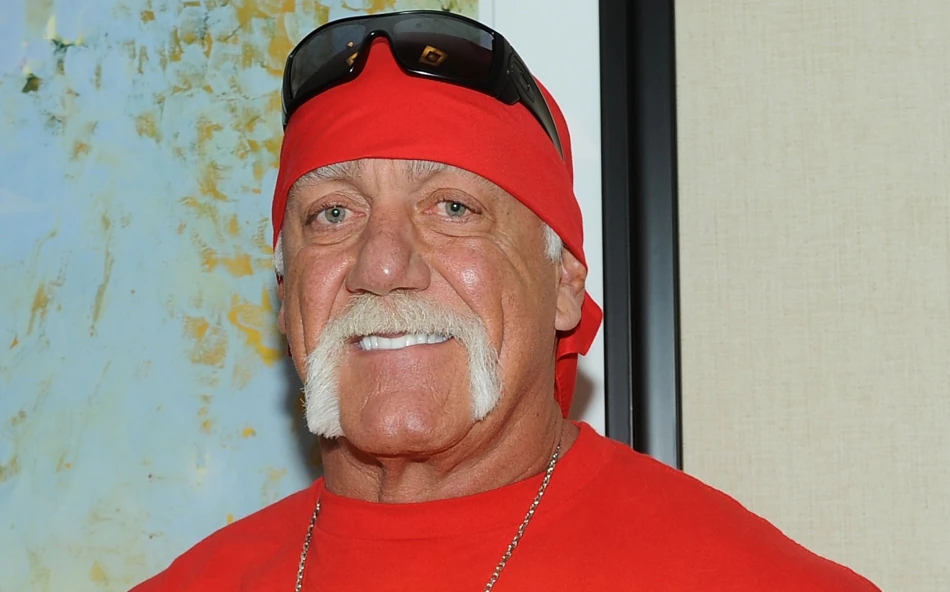
Legendary WWE Superstar Hulk Hogan Passes Away at 71
Wrestling Legend Hulk Hogan Dies at 71, Ending Era of WWE's Global Expansion
Hulk Hogan, the iconic professional wrestler who transformed WWE into a global entertainment phenomenon during the 1980s wrestling boom, has died at age 71 following a heart attack at his Florida home. His death marks the end of an era for sports entertainment and closes the chapter on one of the most recognizable figures in American pop culture.
The Final Chapter
According to US Weekly, paramedics were called to Hogan's residence in Clearwater, Florida, after the wrestling legend suffered a cardiac episode. The news comes just weeks after his wife Sky was forced to publicly deny rumors that Hogan had fallen into a coma, amid growing concerns about his deteriorating health.
WWE confirmed the news on social media, stating: "Hogan was one of the most famous personalities and contributed to WWE's rise to global fame in the 1980s. The company extends its sincere condolences to Hogan's family, friends and fans."
The Man Who Made Wrestling Mainstream
Hogan's impact on professional wrestling cannot be overstated. During the 1980s, he became the face of WWE's national expansion, helping transform what was once a regional entertainment form into a global media empire. His larger-than-life persona, complete with the signature mustache, bandana, and "Whatcha gonna do?" catchphrase, made wrestling accessible to mainstream audiences who had never shown interest in the sport.
Cultural Impact Beyond the Ring
Unlike today's wrestling stars who primarily appeal to dedicated fans, Hogan transcended the wrestling world entirely. He appeared in Hollywood films, hosted television shows, and became a household name even among those who never watched wrestling. This crossover appeal was crucial in establishing the template for modern sports entertainment, where wrestlers are expected to be multimedia personalities.
The Business Legacy
From a commercial perspective, Hogan's era represents the foundation of WWE's current billion-dollar valuation. His popularity drove the company's first major television deals, merchandise sales, and pay-per-view events that generated unprecedented revenue for the wrestling industry. The "Hulkamania" phenomenon proved that wrestling could compete with traditional sports for advertising dollars and mainstream media attention.
Comparison to Modern Wrestling Economics
Today's WWE, now valued at over $6 billion following its recent sale, owes much of its corporate structure to the business model established during Hogan's peak years. The company's current streaming deals, international expansion, and celebrity partnerships all trace back to strategies first tested during the Hulkamania era of the 1980s.
A Complex Legacy
Hogan's later years were marked by controversy, including a highly publicized scandal that temporarily severed his relationship with WWE. However, his eventual return to the company and induction into multiple halls of fame demonstrated the wrestling industry's recognition that his contributions outweighed his personal failings.
His death represents more than the loss of a wrestling star—it signals the passing of the generation that transformed professional wrestling from a niche entertainment form into a global media juggernaut. For an industry now grappling with streaming competition and changing audience preferences, Hogan's career serves as a reminder of wrestling's potential to create truly transcendent entertainment figures.
Most Viewed News

 Sara Khaled
Sara Khaled






